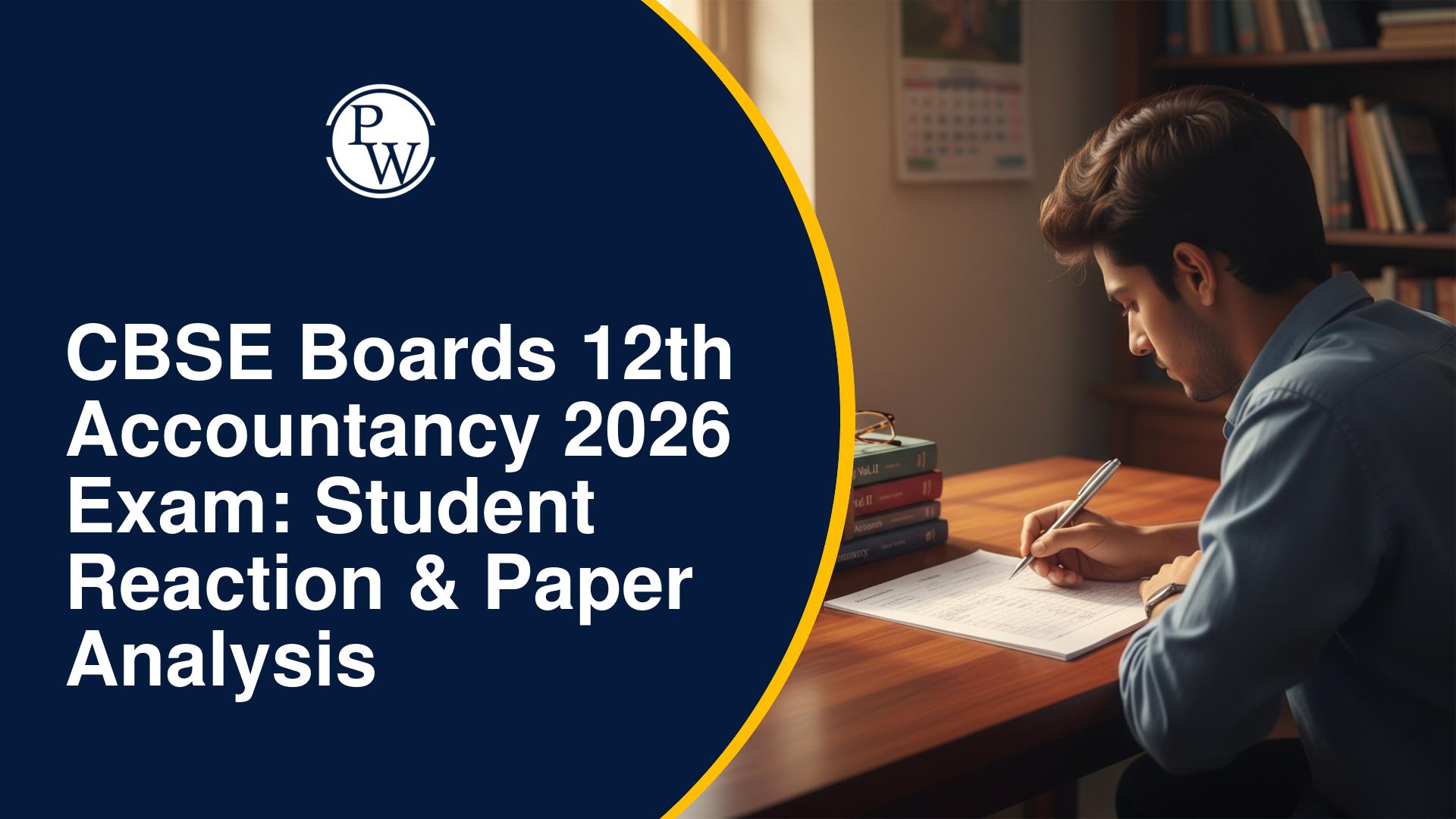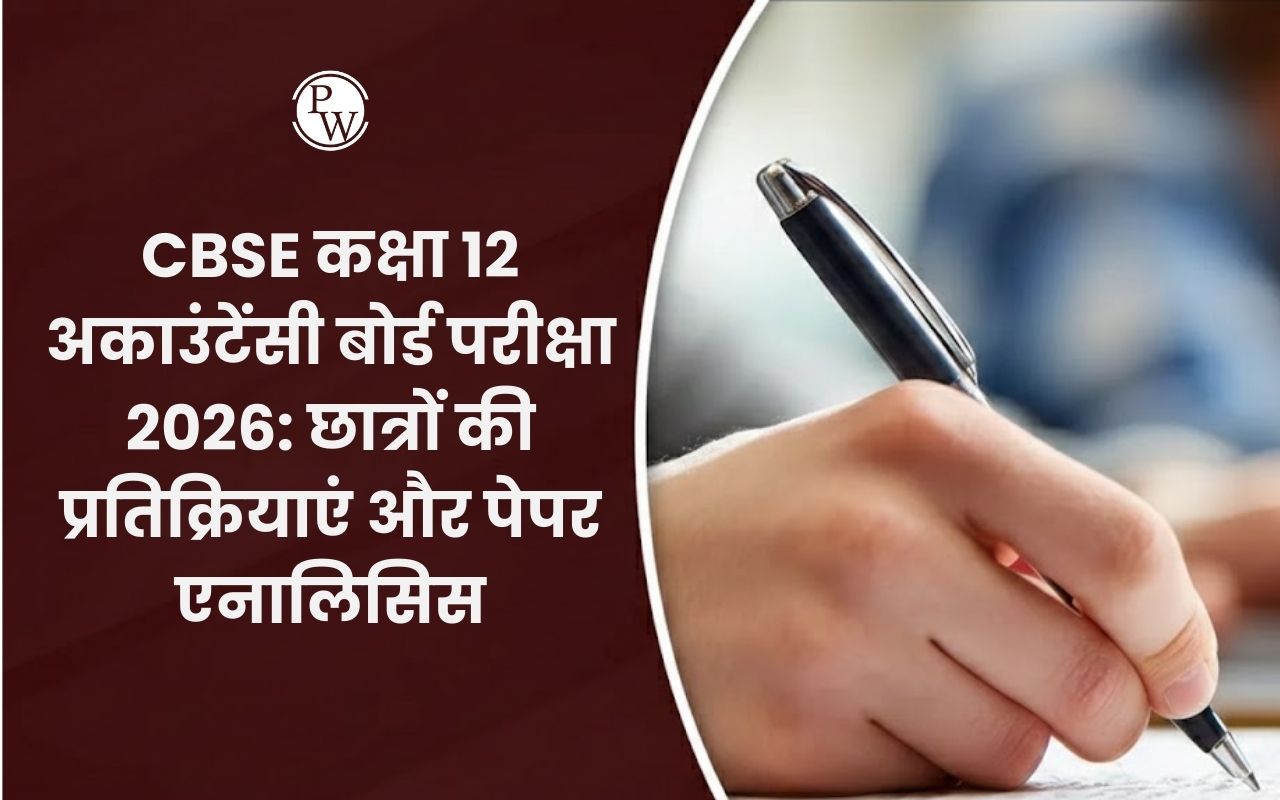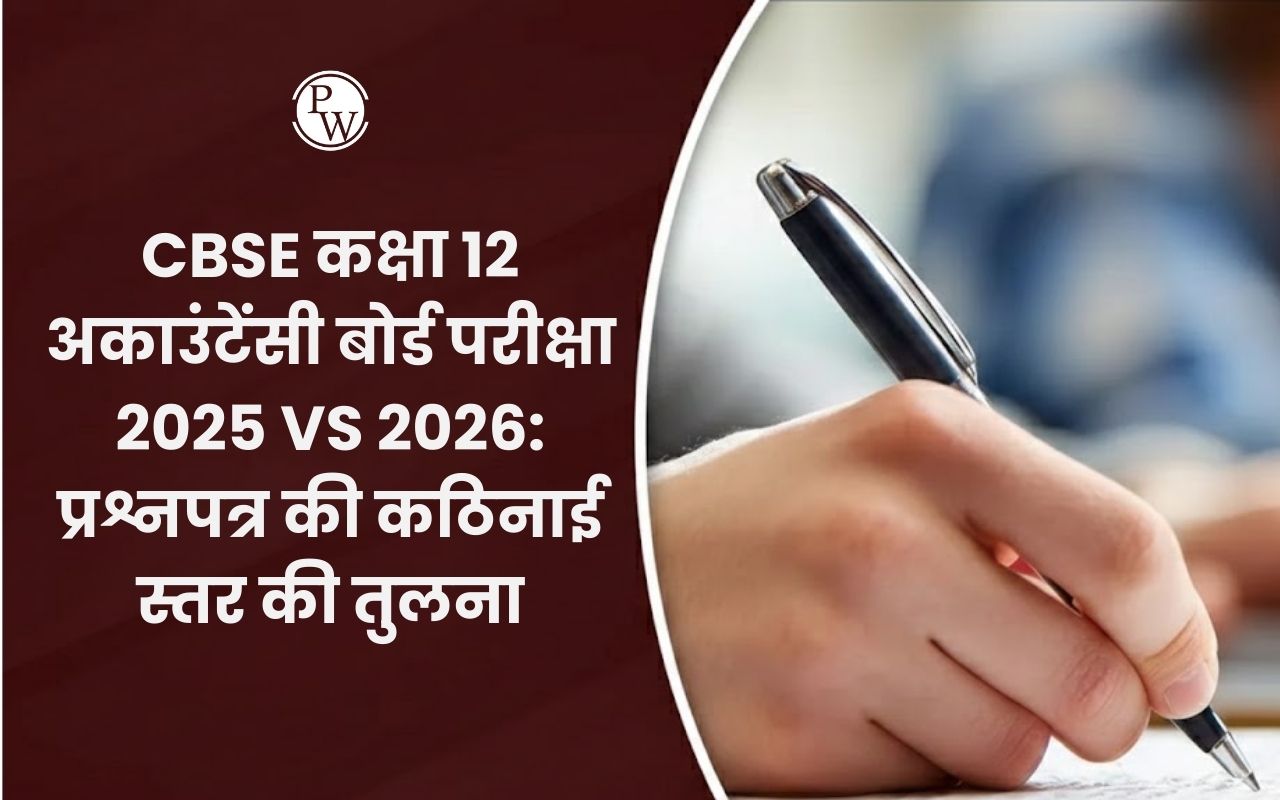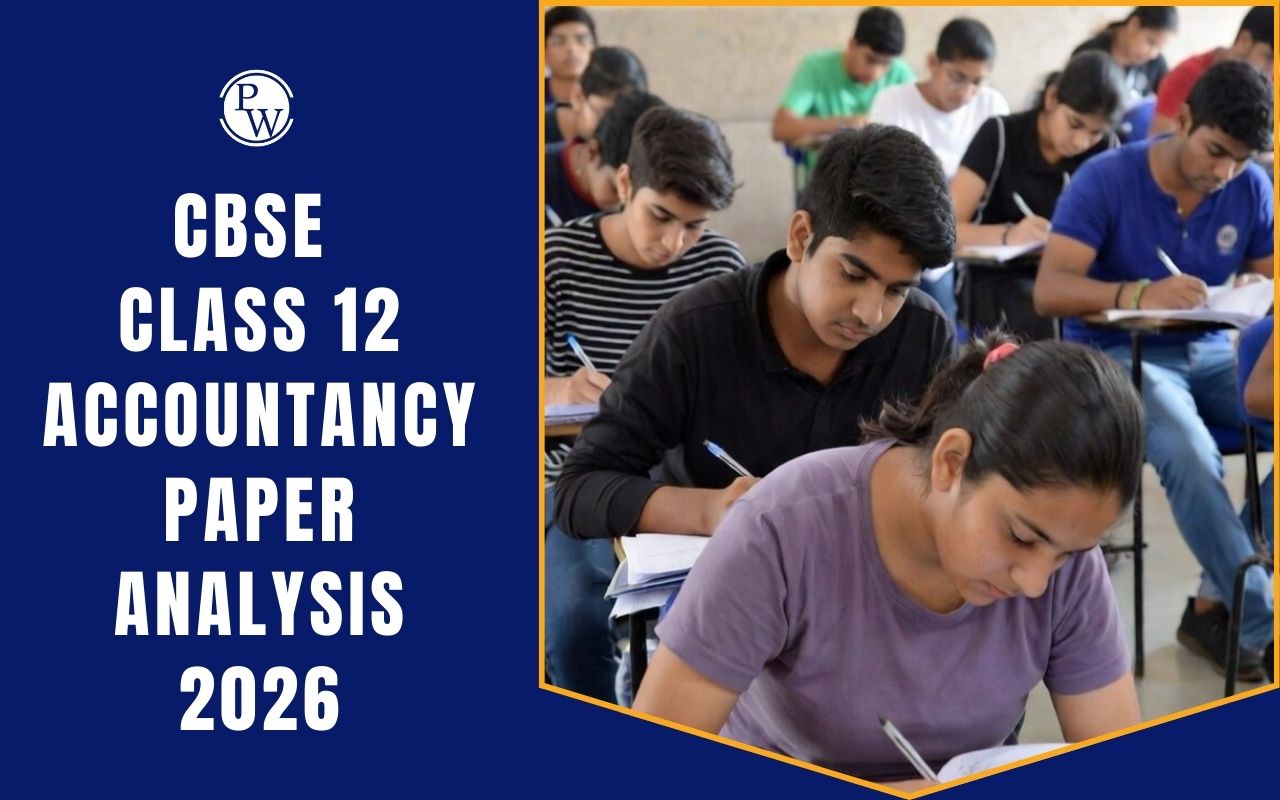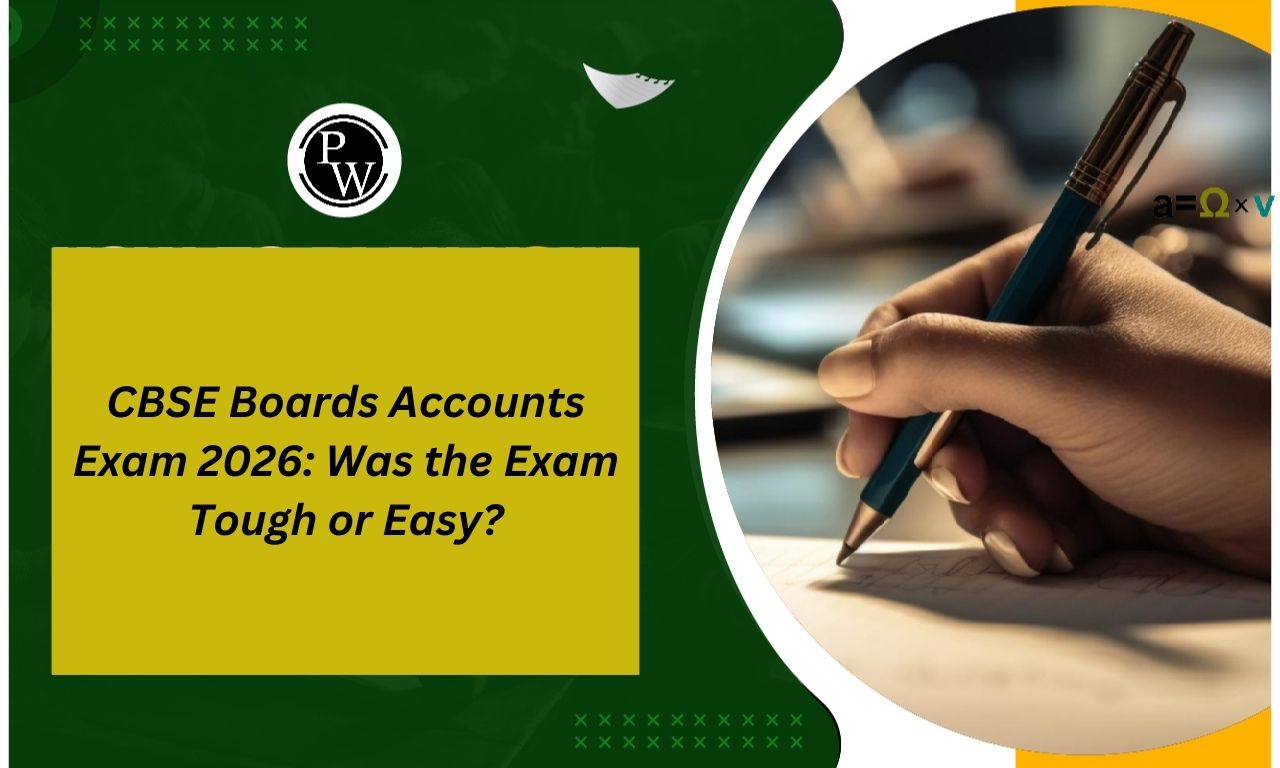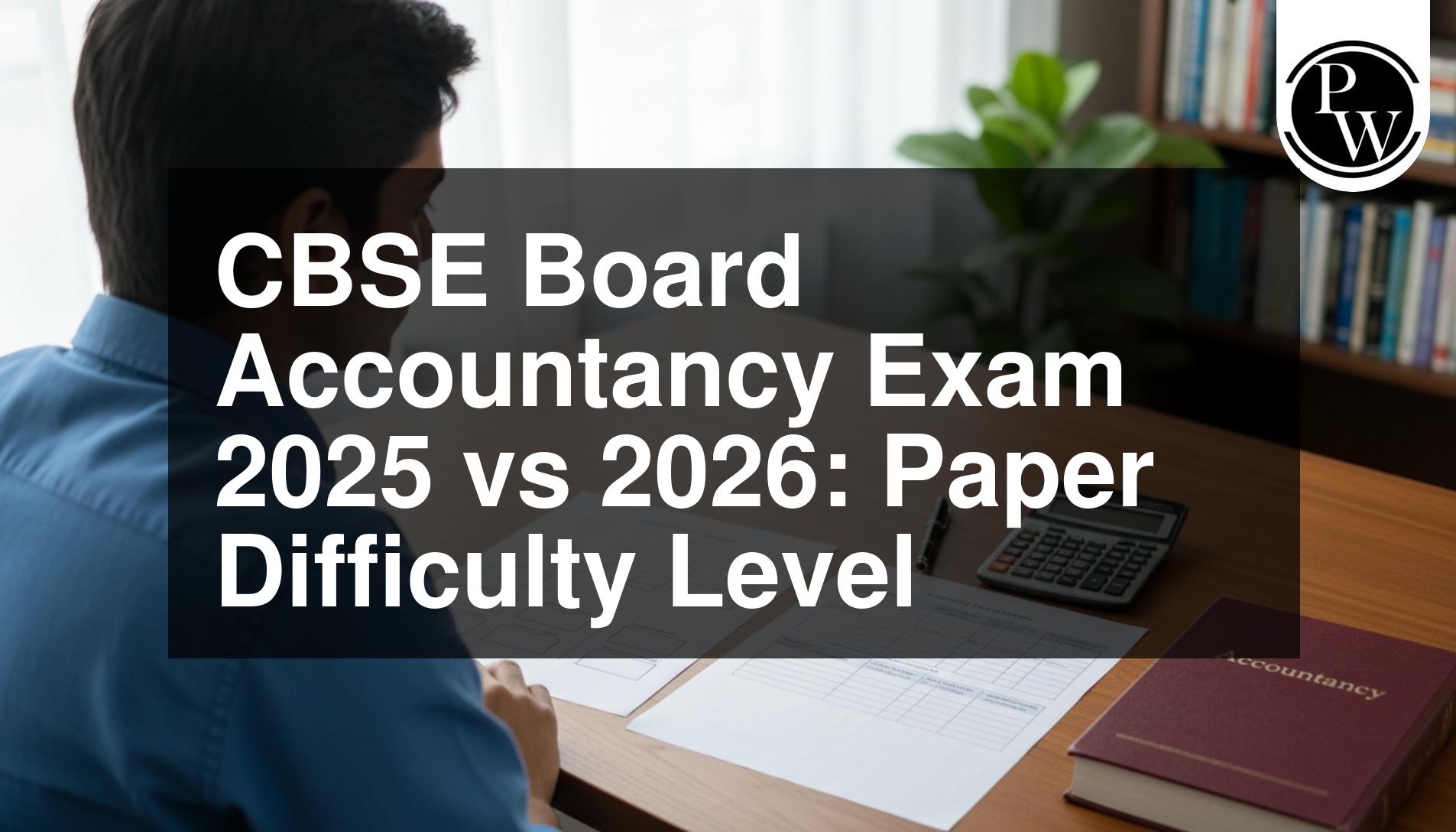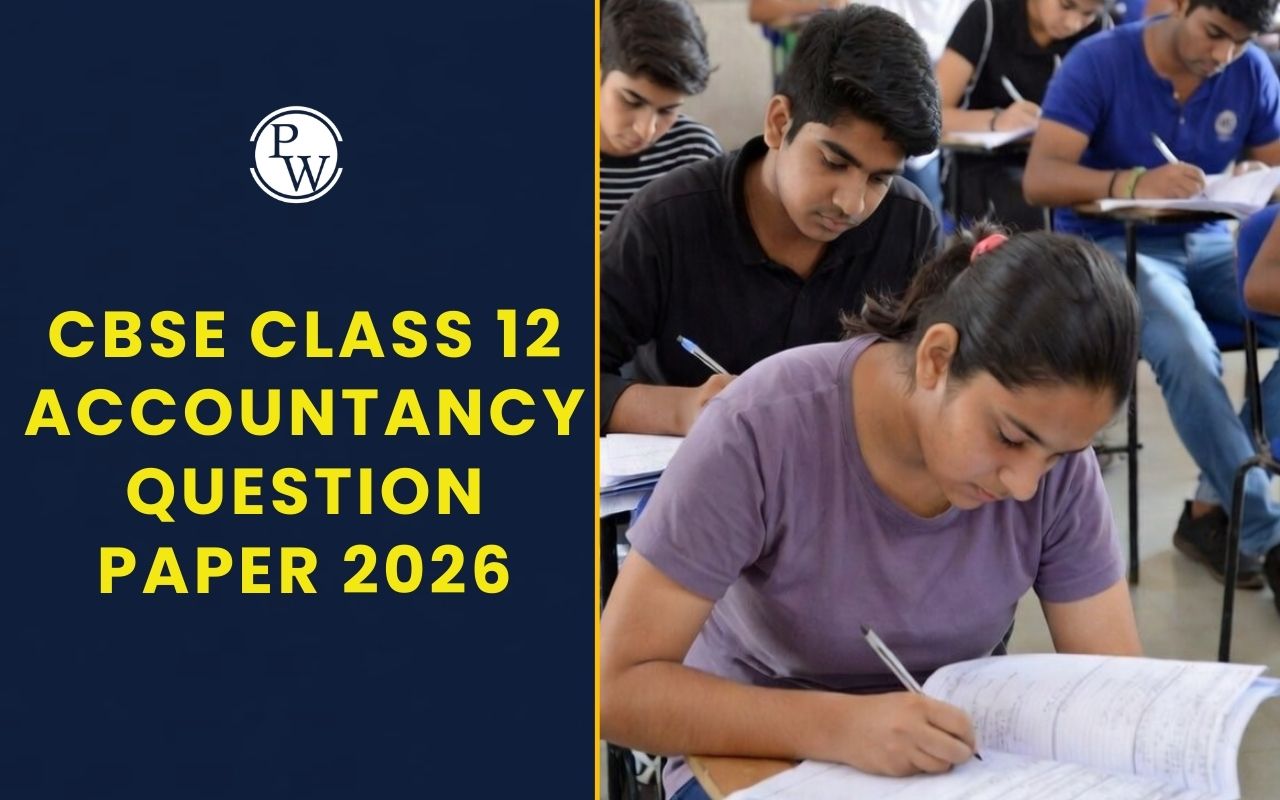
Economics is a versatile field with wide-ranging applications. Its global significance creates numerous employment opportunities. This article provides comprehensive information about Economics courses and career options. The career in Economics is promising, and students interested in pursuing this path can explore various job opportunities immediately after completing their 12th grade.
Career in Economics
Economics is a social science that explores how goods and services are produced, distributed, and consumed. It is a popular Career in Economics choice for students after completing their Commerce Class 12th grade, thanks to the lucrative job prospects in this field. If you are considering a career in economics, you're making a wise choice, as numerous job opportunities exist in India and around the globe. The economics study focuses on wealth, specifically its production, consumption, and transfer. Many prestigious colleges, both regional and national, offer economics programs. If you aim to pursue this path after 12th grade, it's advisable to choose mathematics as your fifth subject in grades 11 and 12, since it is a requirement for most college programs. Additionally, studying economics can provide advantages in related fields like statistics and commerce.Economics Courses Eligibility
Candidates interested in studying Economics should review the eligibility criteria outlined below. After completing class 12th, students can enroll in a bachelor's degree program in Economics. To be eligible for a bachelor's course in Economics, aspirants must have completed their class 12th with at least 50% marks in any stream from a recognized board. For those wishing to pursue a master's degree in Economics, a bachelor's degree in Economics with a minimum of 50% marks from a recognized institution is required. Candidates aiming for a doctoral degree in Economics must hold a master's degree from a recognized university and have qualified for the UGC-NET exam.Economics Courses After 12th Commerce
If you're considering a career in Economics after completing 12th grade, it's crucial to know the best courses available at both undergraduate and postgraduate levels.Undergraduate Programs
At the undergraduate level, students will delve into various topics, including Macroeconomics, Microeconomics, Utility, Elasticity of Demand, Monopoly, Factor Pricing, Interest Rates, Demographic Features, Agriculture and Land Development, as well as Small Scale and Cottage Industries.B.A. / B.A. (Honors) Economics
This course is ideal for students aiming to build a future in economics. The B.A. (Hons.) Economics curriculum covers fundamental economic concepts, industry dynamics, and the roles of suppliers, producers, and consumers. While the B.A. Economics course provides a foundational understanding, the B.A. (Hons.) offers a deeper insight into these topics.B.A. / B.A. (Honors) Business Economics
Business Economics is an applied field that utilizes economic theories and quantitative methods to analyze business enterprises. This course equips students with the skills to apply economic principles to real-life business decision-making, enhancing their understanding of organizational structures and market relationships.B.A. / B.A. (Honors) Applied Economics
This course applies insights from economic theories and empirical research to real-world situations, aiding financial decision-making and predicting outcomes.B.Sc. / B.Sc. (Honors) Economics
Similar to the B.A. (Hons.) Economics, this course offers a comprehensive view of economic principles and techniques, with an emphasis on advanced statistical concepts that are typically included only in the B.Sc. (Hons.) program.Also Read- Tips To Attempt Class 12 Accountancy Exam
Postgraduate Programs
If you're pursuing a Master's Degree in Economics, you will study subjects such as Microeconomic Analysis, Elementary Statistics, Theory of Pricing and Distribution, Macroeconomic Analysis, Quantitative Methods, and International Finance. Below are some of the most popular master’s degree courses available for graduates in economics:Master of Arts (MA) in Economics
This degree provides a comprehensive understanding of economic theory and its applications, preparing students for Career in Economics as economists, financial analysts, or research analysts. Typically earned after a four-year program, the MA in Economics emphasizes strong analytical and research skills.Master of Arts (MA) in Business Economics
This program equips students for careers in business, government, and international organizations. It offers advanced training in microeconomics, macroeconomics, econometrics, and quantitative methods, tailored for those with a background in business or economics.Master of Arts (MA) in Econometrics
Designed for students interested in economic research or doctoral studies, this program focuses on econometric methods. Coursework includes microeconomics, macroeconomics, econometrics, and statistics, culminating in a research project in econometrics.Master of Arts (MA) in Applied Economics
This degree prepares students for a career in economics or related fields, equipping them with the skills to analyze economic data and policies. It also serves as a strong foundation for doctoral studies in economics.Master of Science (MSc) in Economics
A two-year graduate program, the MSc in Economics offers advanced economic analysis and research skills. It’s designed for those pursuing a career in economics research or policy analysis and provides an intellectually challenging curriculum.Master of Business Administration (MBA) in Business Economics
This two-year full-time program combines business principles with economic concepts. The curriculum covers business economics, managerial economics, econometrics, quantitative methods, financial accounting, and business statistics, preparing students to solve complex business problems.Master of Philosophy (MPhil) in Economics
This two-year full-time course is ideal for those pursuing a career in economics in academia or research. The program covers essential topics such as microeconomics, macroeconomics, econometrics, and economic history over four terms, with a focus on rigorous academic research.Career in Economics After 12th Commerce
The career in Economics is extensive, offering numerous job opportunities for graduates. If you’re seeking career options in Economics after completing your 12th grade, here are some prominent roles you can consider:Data Analyst
Graduates in Economics can pursue a career as a Data Analyst, where they work in areas like data assurance, sales, marketing, business intelligence, finance, and data quality. Data Analysts manipulate, analyze, and interpret complex datasets, presenting their findings through dashboards and graphs to support decision-making.Auditor
An Auditor examines financial records to provide assurance to investors and market regulators. Their primary responsibilities include offering advisory services and conducting audits for accounting firms. Auditors play a crucial role in maintaining financial integrity and compliance.Statistician
Statisticians collect, analyze, interpret, and present quantitative data across various sectors, including transportation, healthcare, sports, marketing, forensics, and government. Their main responsibility involves managing surveys and ensuring accurate data collection and analysis.Risk Manager
A Risk Manager is responsible for identifying and mitigating risks that could impact an organization's reputation and stakeholder interests. They work in diverse fields such as technology, information security, commodities, environmental concerns, credit, and operational risks.Stockbroker
Stockbrokers serve as intermediaries between clients and the stock market. They monitor market trends, execute trades on behalf of clients, and provide insights through newsletters based on their market analysis. This role requires a keen understanding of market dynamics and investment strategies.Government Career in Economics
Graduates in Economics can also pursue careers in Economics in various government departments and organizations. Here are some potential job roles:Economist at the Reserve Bank of India (RBI)
Economists at the RBI analyze economic data to guide monetary policy and ensure financial stability in the country.Financial Information Firms
Economists can work with financial information firms, providing insights and analysis on economic trends to inform investment decisions.Econometrics Fields
Professionals in econometrics apply statistical methods to economic data, contributing to research and policy-making in various sectors.Agricultural Companies
Economists in agricultural firms focus on improving productivity and sustainability, analyzing market trends and policies that affect the agricultural sector.Indian Economic Services (IES)
The IES is a prestigious career in economics, where they contribute to economic planning and policy formulation in the government.NITI Aayog and National Sample Survey
Economists in these organizations conduct research and analysis to support developmental policies and programs in India.Public Sector Undertaking (PSU) Banks, Foreign Banks, and Private Banks
Economists can work in various banking sectors, providing economic analysis to guide lending and investment strategies.Financial Risk Analyst
Financial Risk Analysts assess potential risks in investment portfolios, using economic principles to mitigate financial losses.Actuary
Actuaries use mathematical and statistical methods to evaluate financial risks, often working in insurance and pension sectors. Start your career in Economics! Enroll in PW Commerce Courses today to gain essential skills and knowledge for success in a dynamic job market. Join us now!| Also Check: |
| Career Options After 10th |
| Entrance Exams After 12th For Commerce Students 2024 |
| Commerce Courses 2024 |
| 20 Best Courses After 12th Commerce |
Career in Economics After 12th Commerce FAQs
What are the eligibility criteria for Economics courses after 12th grade?
What undergraduate courses are available in Economics?
What career options are available for Economics graduates?
What postgraduate programs can I pursue in Economics?
What is the role of an Economist in government sectors?


